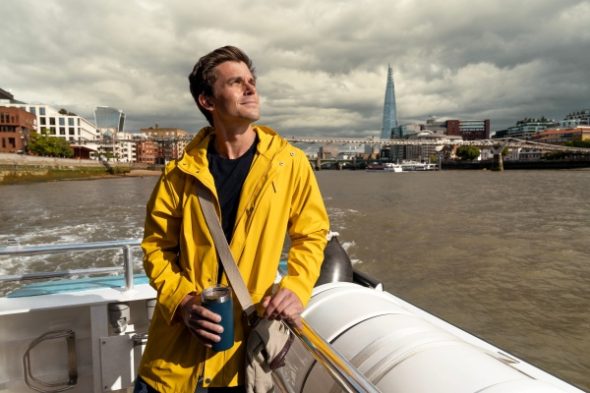[ad_1]
While many CEOs acknowledge the severity of the climate crisis, they often struggle with how to leverage business opportunities and manage risks related to climate change. According to PwC’s 27th Annual Global CEO Survey, only 30% of 4,702 CEOs view climate change as a factor that will alter their business models in the next three years. This contrasts sharply with the 56% who see technology as a significant driver and the 49% who cite changing customer preferences. A considerable number of CEOs remain skeptical about the business benefits of climate-related initiatives, with about half believing that anticipated lower returns hinder their efforts to decarbonize their business models.
However, further analysis of the survey data indicates that climate-friendly investments might not incur additional costs. When CEOs were asked whether their companies used standard hurdle rates or lowered them for climate-friendly projects, the findings showed that profit margins were comparable across both groups. This suggests that reducing hurdle rates for climate-friendly investments does not negatively impact profitability. Additionally, companies that maintained standard hurdle rates for such investments reported slightly higher revenue growth. Thus, the potential for value creation through climate-related actions remains strong.
The survey also highlighted a correlation between climate-focused business actions and superior financial performance. CEOs who reported implementing climate-resilient products or services generally saw higher profit margins and revenue growth than those without such plans. This underscores the potential financial benefits of climate-conscious business strategies. Particularly, companies that innovate climate-friendly products and services experience greater margins and faster growth compared to those that focus solely on improving energy efficiency. These advantages are likely to increase as public policies and customer preferences continue to favor sustainable business practices.
Addressing climate change also appears to mitigate long-term business viability concerns among CEOs. In recent surveys, about 40% of CEOs expressed doubts about their company’s survival beyond the next decade if they maintained their current trajectory. However, those who actively pursue climate-related opportunities and risks are more optimistic about their business’s future, both in the short and long term. This optimism is most pronounced among CEOs who focus on climate-friendly products and services.
Many CEOs report initiating or completing climate-related actions, such as enhancing energy efficiency, though other impactful actions remain less common. These less-adopted strategies are often linked to higher profit margins and revenue growth. For executives who recognize the value of aligning their businesses with climate imperatives, exploring these actions could be highly beneficial.
Have you read?
Most Heavily Armed Tanks Ever Built By Russia.
Countries with the most F-15 Eagle fighter jets.
Countries with the Most F-35 Lightning II Stealth Fighter Jets.
The Role of Chief Artificial Intelligence Officers (CAIOs) – Are They Needed and What Impact Can We Anticipate?
5 Ways to Ensure You Have Cash Flow When Starting a Business.
Add CEOWORLD magazine to your Google News feed.
Follow CEOWORLD magazine headlines on: Google News, LinkedIn, Twitter, and Facebook.
Copyright 2024 The CEOWORLD magazine. All rights reserved. This material (and any extract from it) must not be copied, redistributed or placed on any website, without CEOWORLD magazine’ prior written consent. For media queries, please contact: info@ceoworld.biz
[ad_2]
Original Source Link































![ENHYPEN’s ‘[WALK THE LINE SUMMER EDITION] IN CINEMAS’ Concert Film Sets March Release Date ENHYPEN’s ‘[WALK THE LINE SUMMER EDITION] IN CINEMAS’ Concert Film Sets March Release Date](https://charts-static.billboard.com/img/2020/12/enhypen-z2c-344x344.jpg)





































